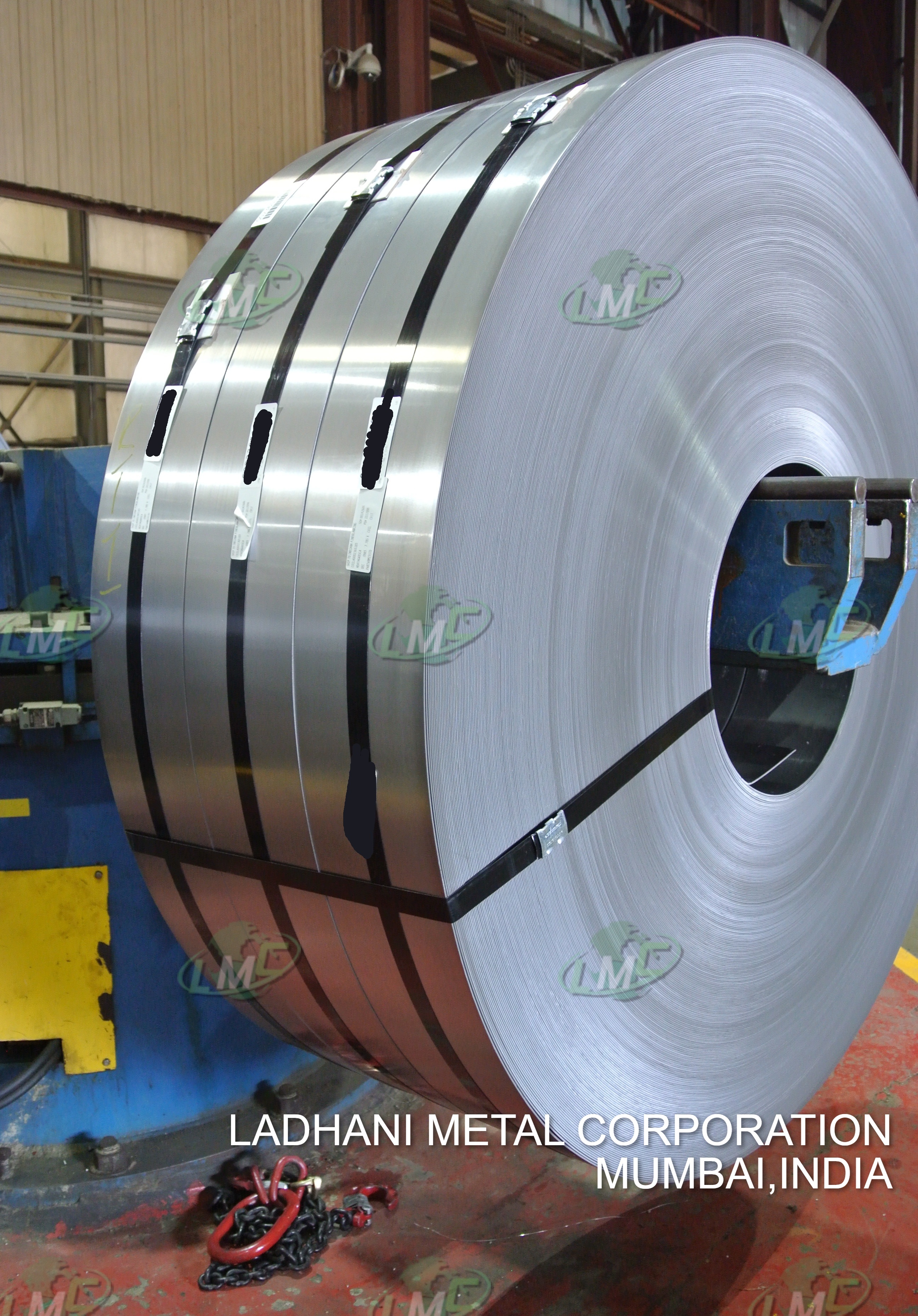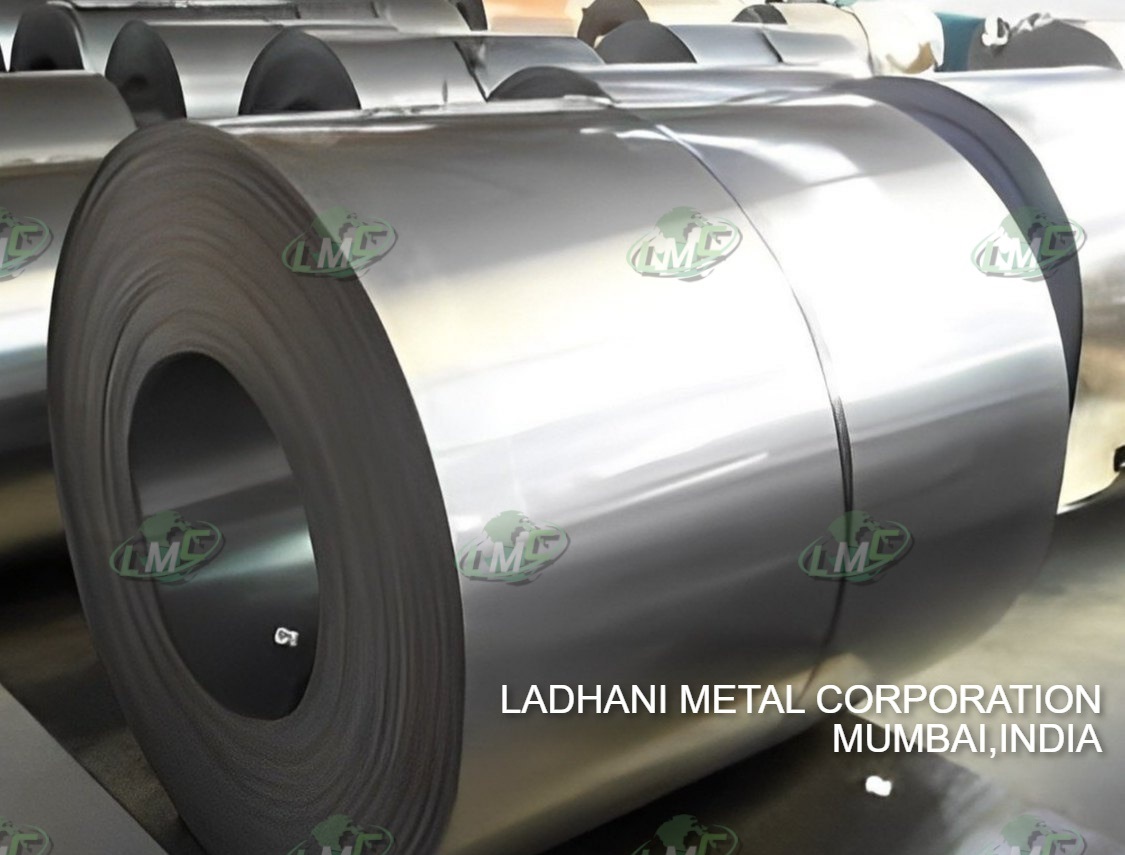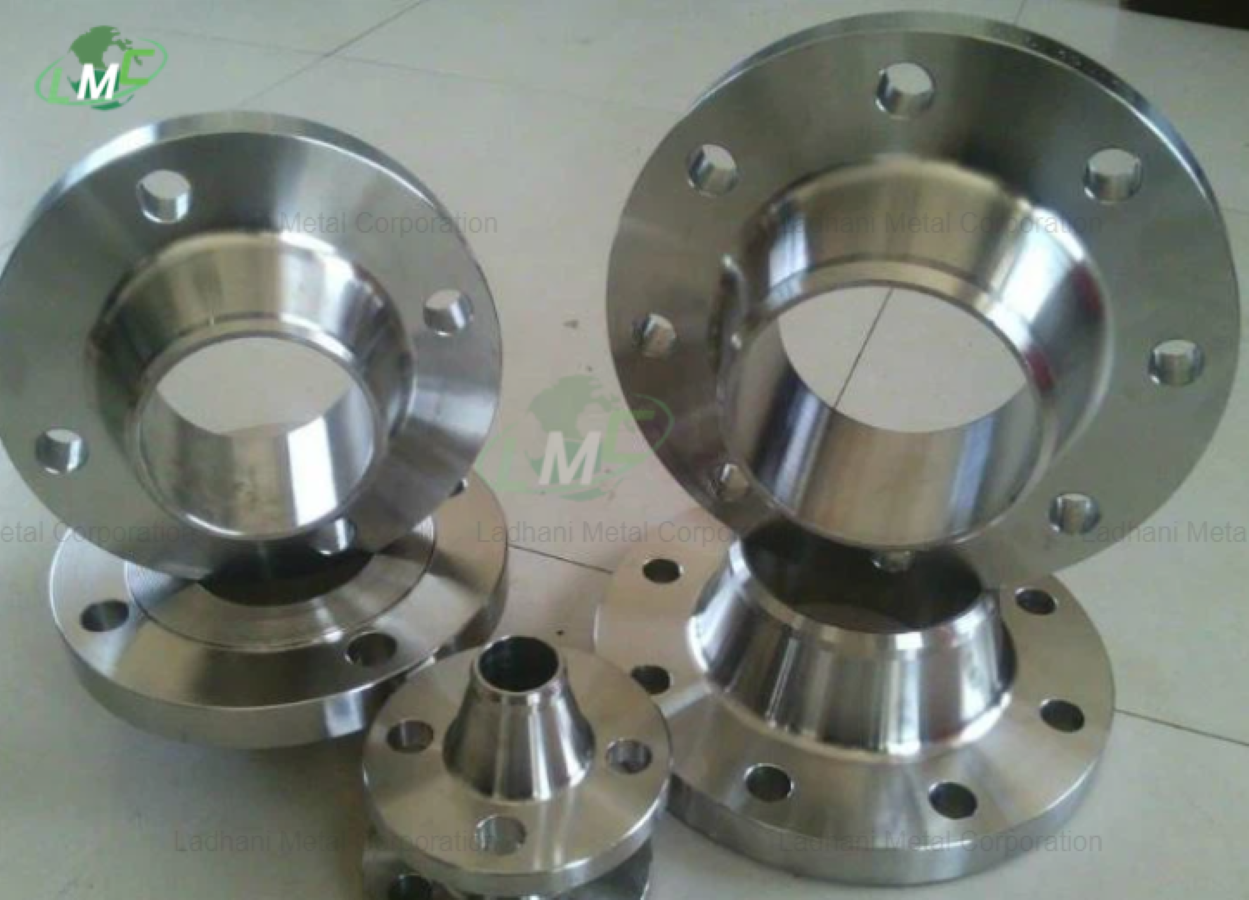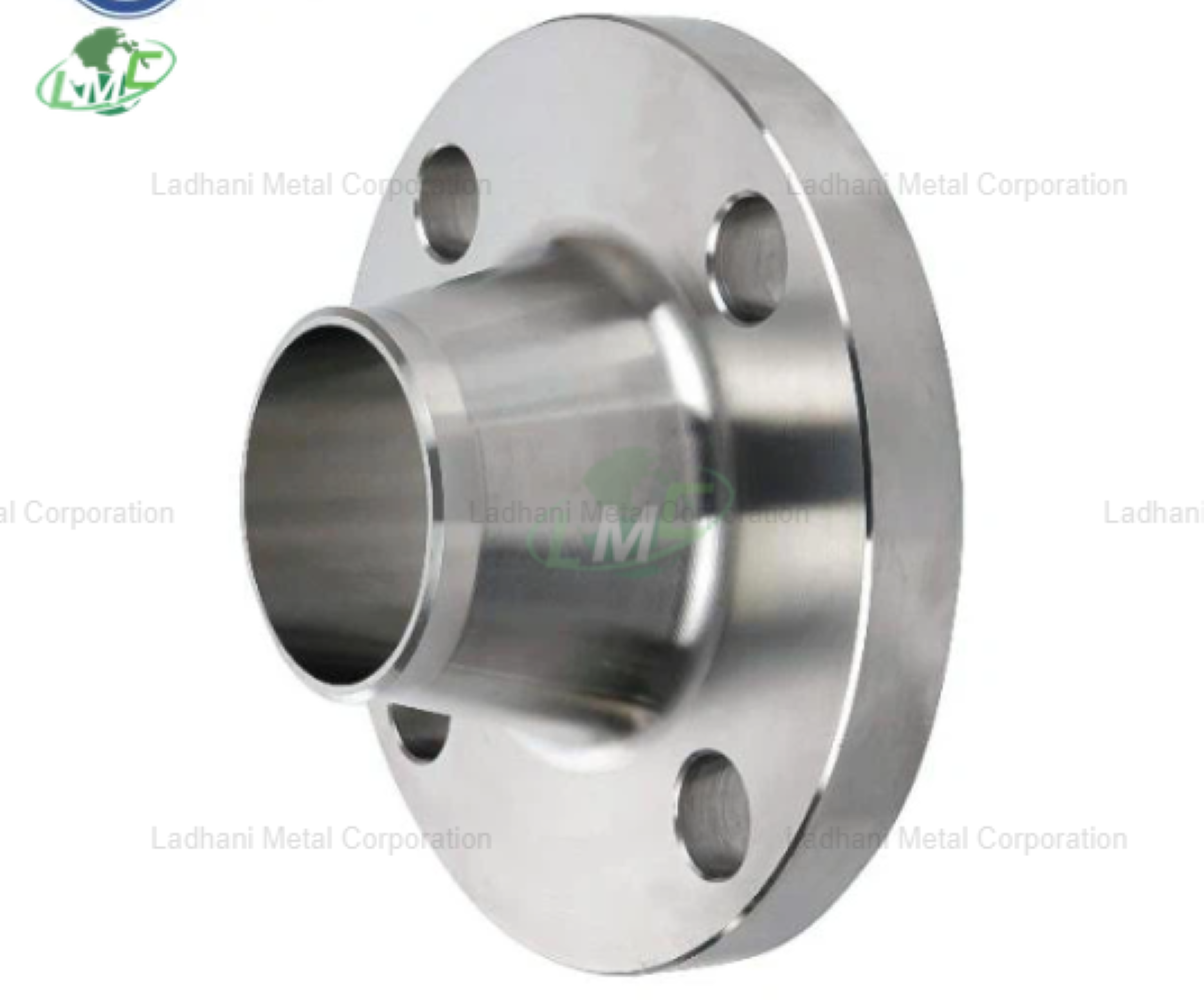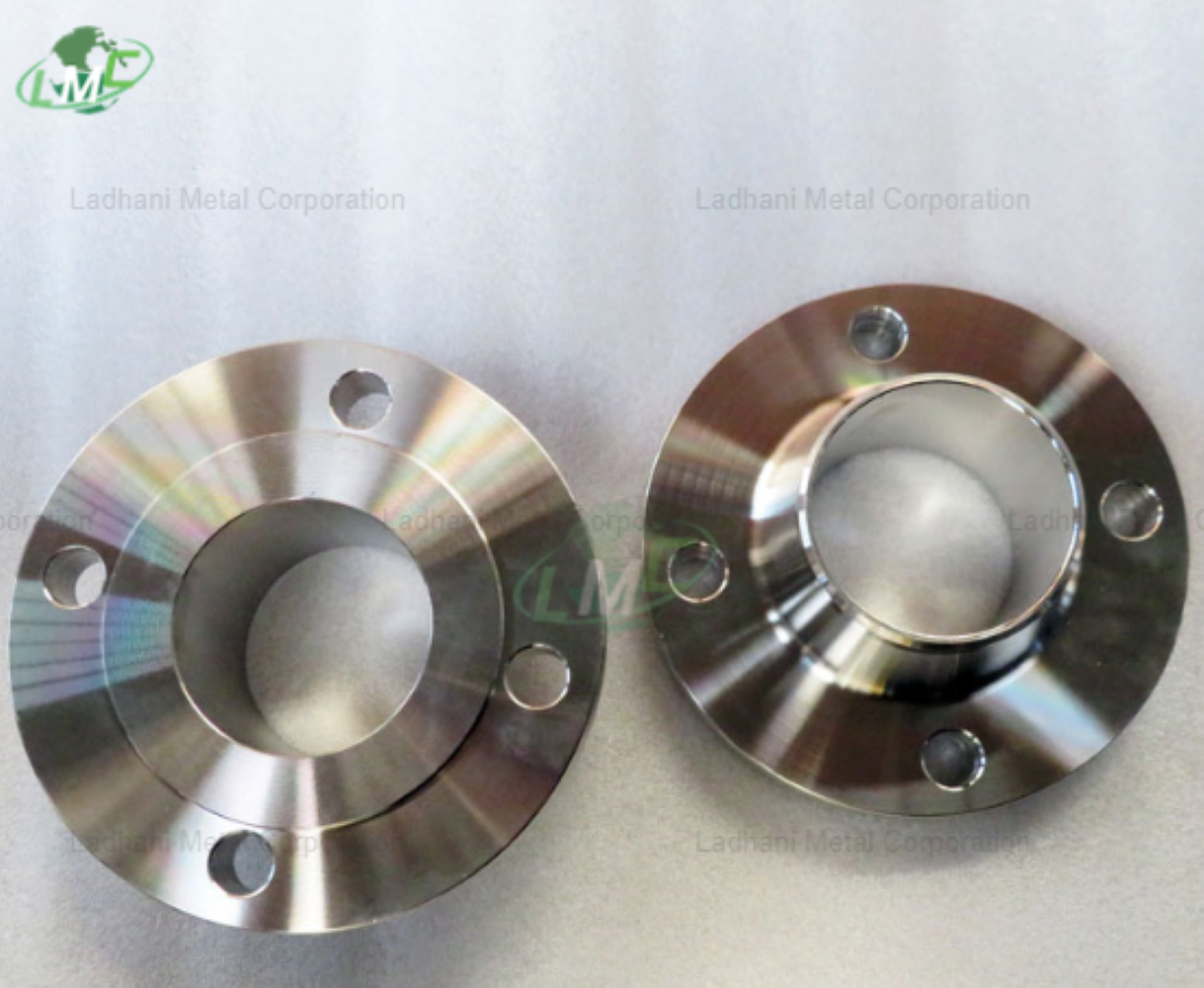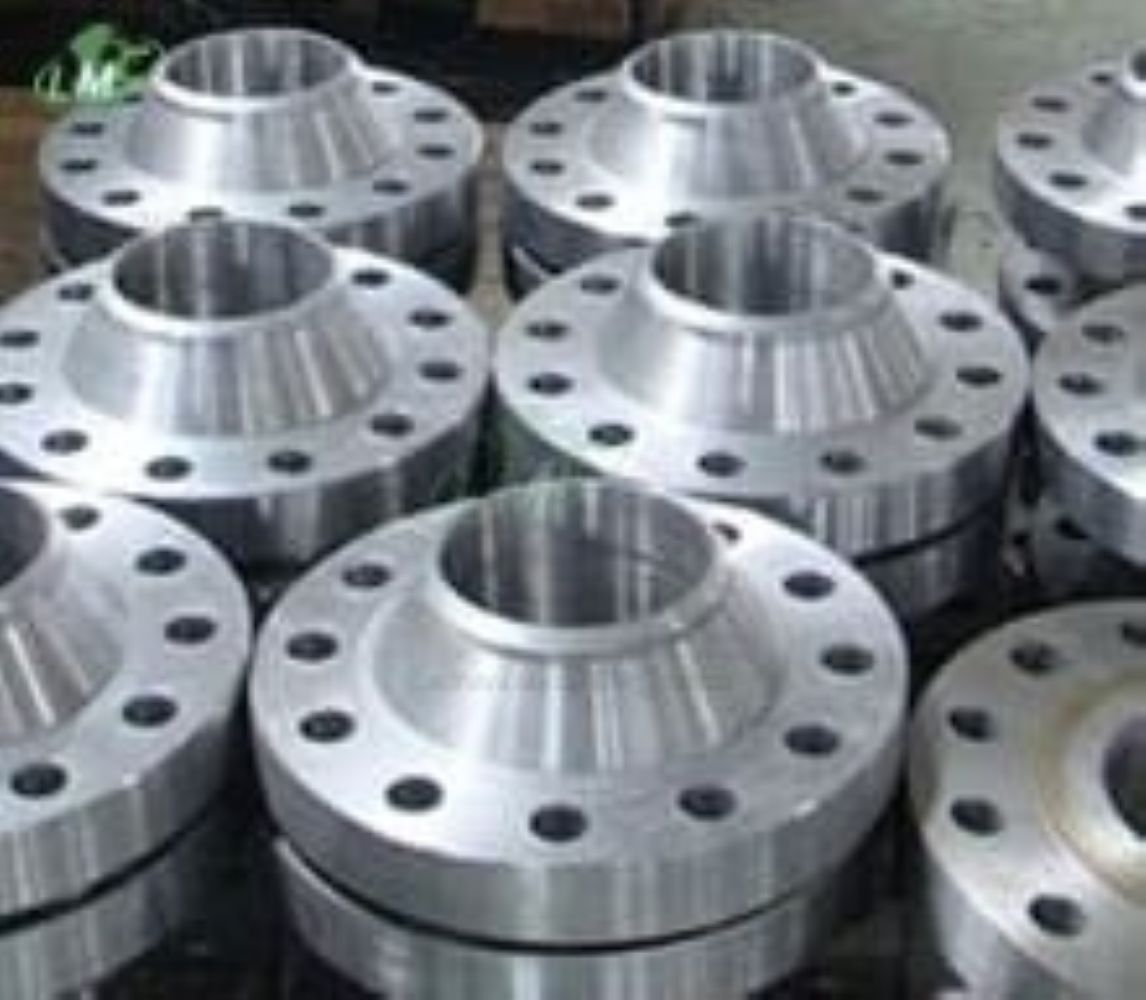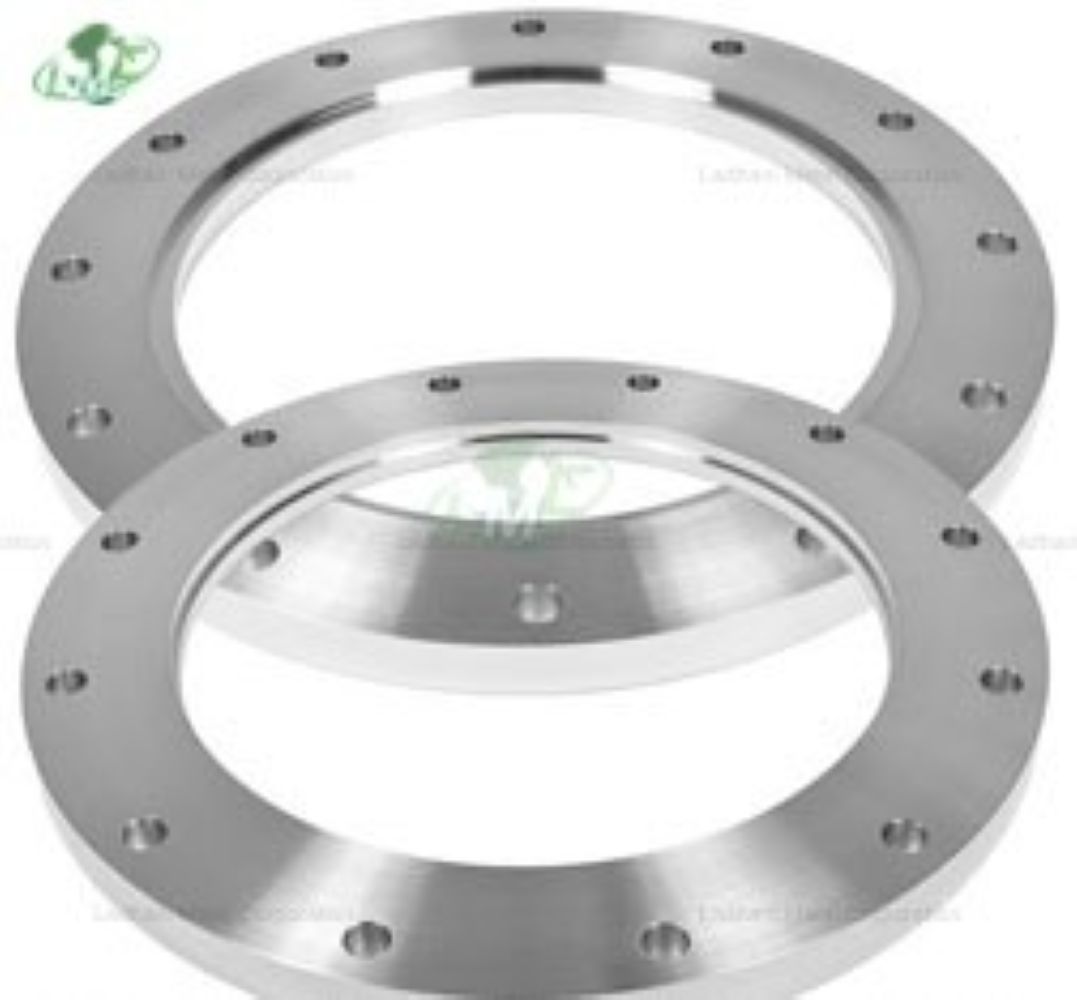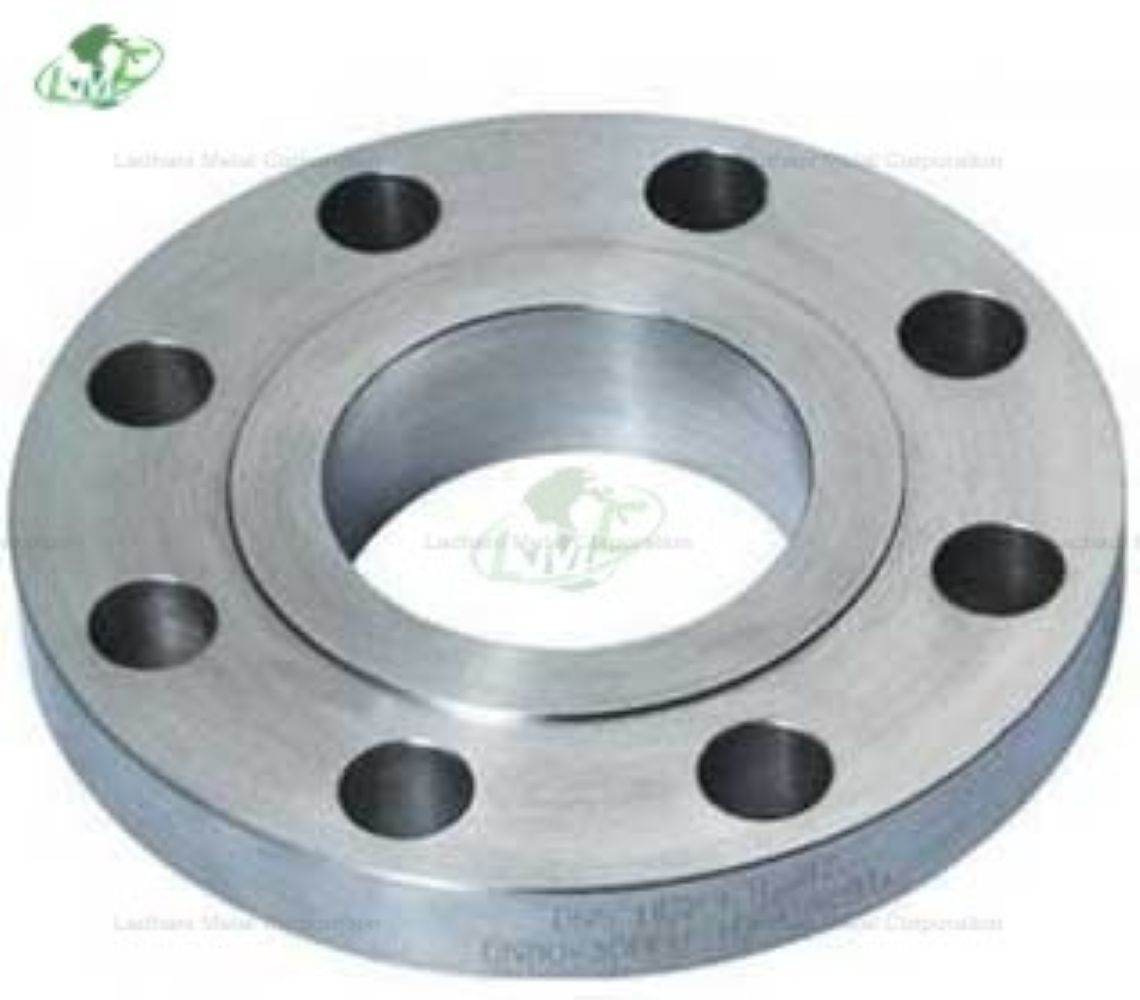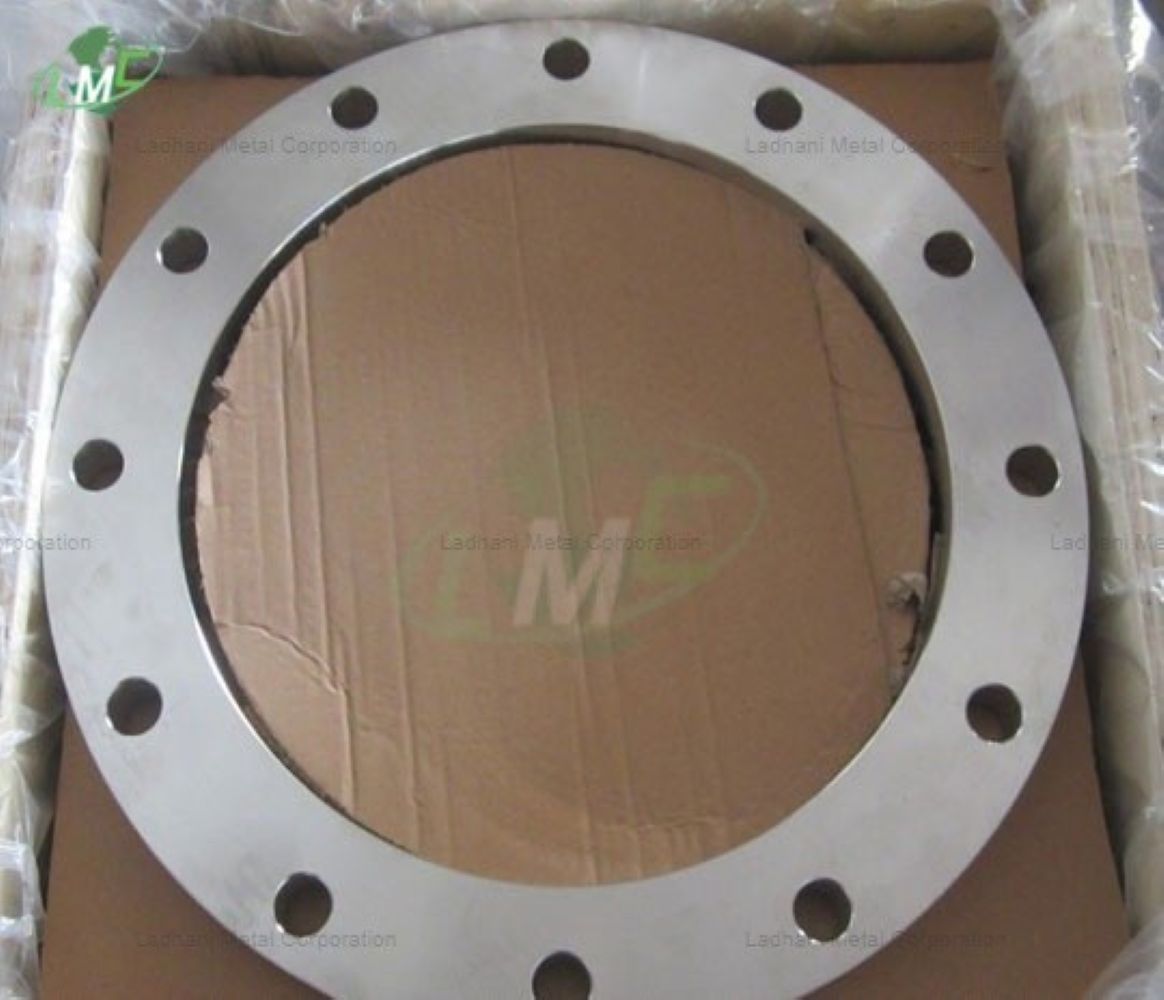QUALITU STANDARD MATERIAL NO. DC06 DIN EN 10130 1.0873 The special deep-drawing grade DC06 is specified in accordance with the standard DIN EN 10130, which focuses on cold-rolled flat products made of soft steels for cold forming. This standard defines the requirements and test methods for cold-rolled products used in various industrial applications, especially where high demands are placed on formability and surface quality. DC06 is an ultra-low carbon steel characterized by outstanding cold formability. The chemical composition of DC06 is precisely defined to ensure that the material has the required mechanical properties. Typically, DC06 contains a maximum of 0.01% carbon, a maximum of 0.20% manganese and only minimal traces of phosphorus and sulphur. This small amount of alloying elements contributes to the steel’s exceptional formability and weldability. The mechanical properties of DC06 are also clearly defined. The material has a maximum yield strength of 120 MPa and a tensile strength of between 270 and 350 MPa. In addition, DC06 has an elongation at break of at least 40%, which underlines its excellent formability. These properties make DC06 particularly suitable for the production of complex and precise components that require high formability, such as deep-drawn body parts in the automotive industry or sophisticated components in the household appliance industry. The DIN EN 10130 standard also specifies the tolerances for dimensions, shape and surface finish. These tolerances are crucial to ensure consistently high product quality and to meet the requirements of the end user. The surface of the cold-rolled flat products can be supplied in various qualities, from matt to glossy, to meet the specific requirements of different applications. The DIN EN 10152 standard specifies electrolytically galvanized, cold-rolled flat steel products for cold forming, including the special deep-drawing grade DC06. This standard defines the requirements for the zinc coating and the basic mechanical properties of the base material. DC06, when electrolytically galvanized in accordance with DIN EN 10152, is given an additional corrosion protection layer of zinc. This layer protects the material from oxidative influences and significantly increases the service life of the components made from it. The zinc coating can be applied in various thicknesses, depending on the specific requirements of the application. Typical coating thicknesses range from 5 to 20 µm. The chemical composition and mechanical properties of the base material DC06 remain unchanged even after galvanizing and meet the requirements of DIN EN 10130. DC06 therefore retains its outstanding cold formability and mechanical performance. The yield strength, tensile strength and elongation at break also remain in the same range as for ungalvanized DC06. In addition to mechanical performance, the quality of the zinc coating is of central importance. The DIN EN 10152 standard specifies the requirements for the uniformity of the coating, the adhesive strength of the zinc and the surface quality. These requirements ensure that the galvanized products offer high corrosion resistance and an aesthetically pleasing surface. The use of DC06 in accordance with DIN EN 10152 is widespread in the automotive industry, in the construction industry and in the manufacture of household appliances, where improved corrosion resistance is required in addition to high formability. Electrolytic galvanizing offers optimum protection here without impairing the excellent mechanical properties of the base material. In summary, it can be said that the special deep-drawing grade DC06 offers a wide range of applications in accordance with both DIN EN 10130 and DIN EN 10152. While DIN EN 10130 focuses on outstanding formability and surface quality, DIN EN 10152 supplements these properties with improved corrosion resistance thanks to the zinc coating. Both standards ensure that DC06 is a reliable and high-quality material for numerous industrial applications.
Send Message
